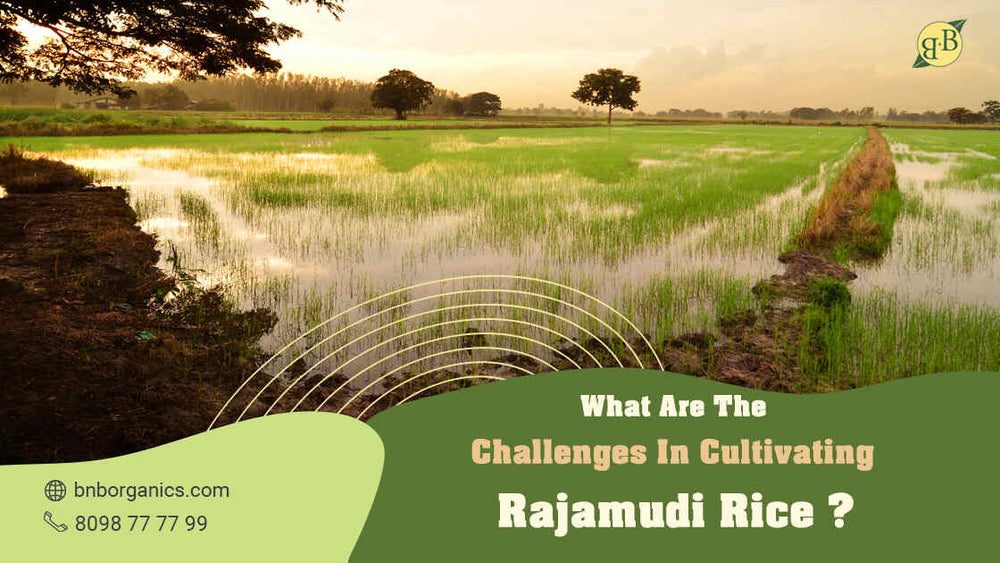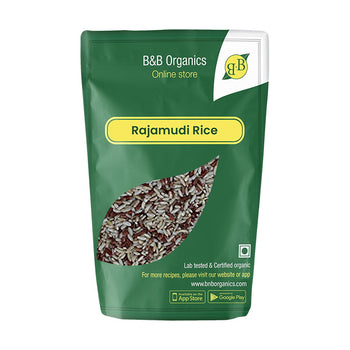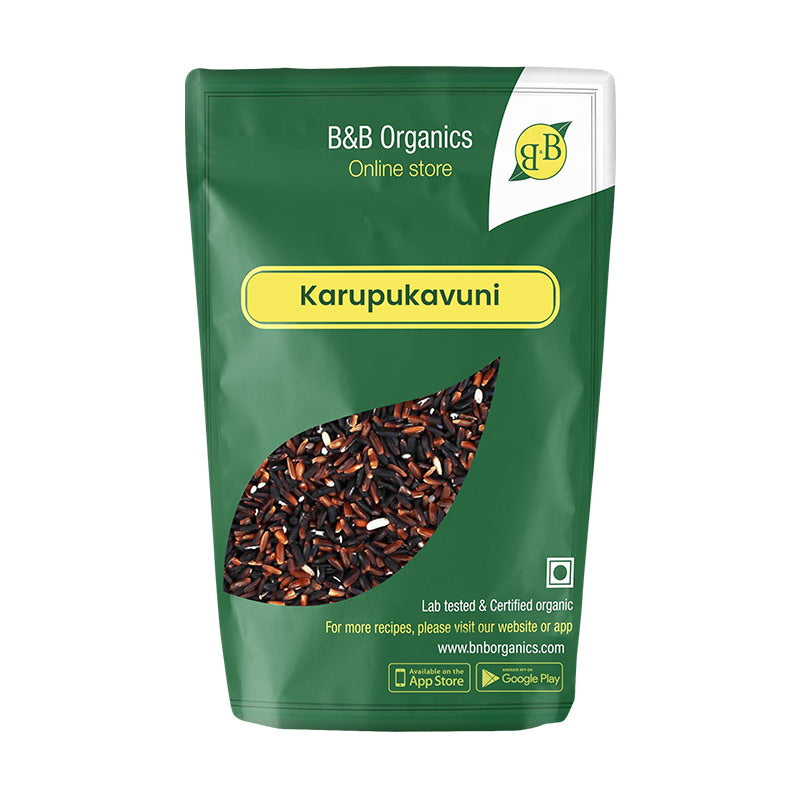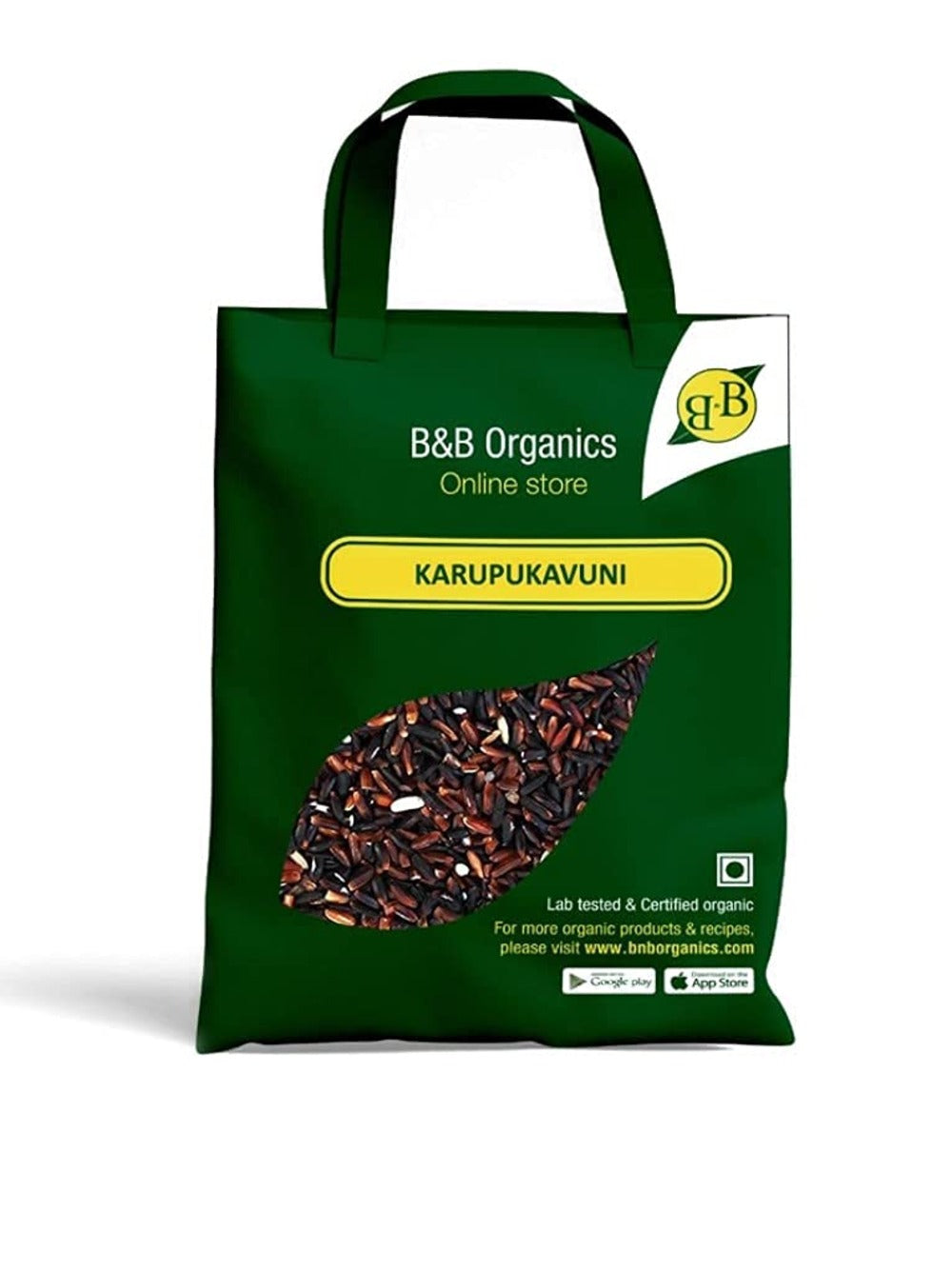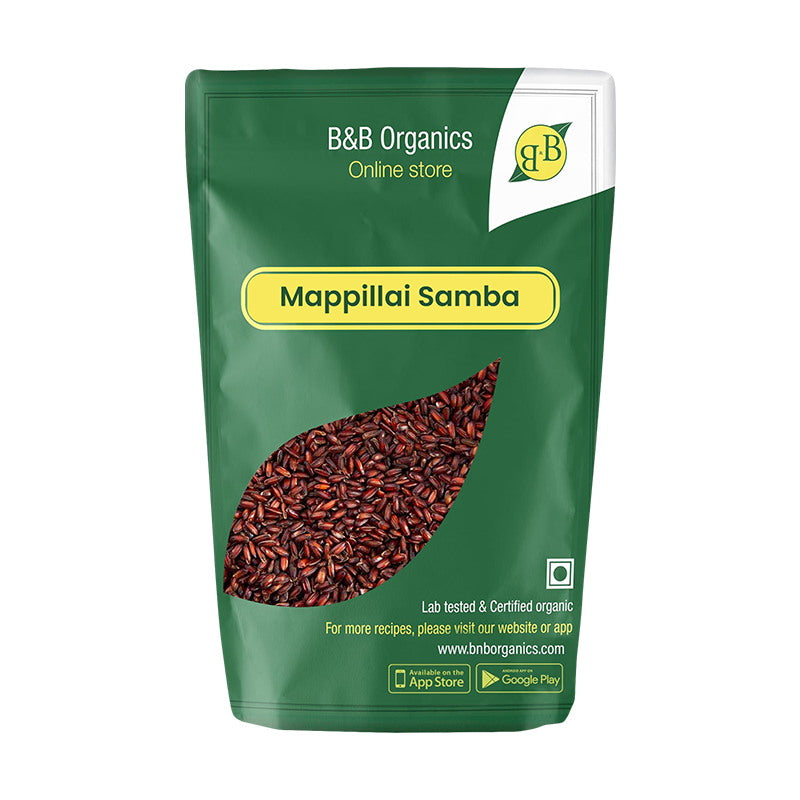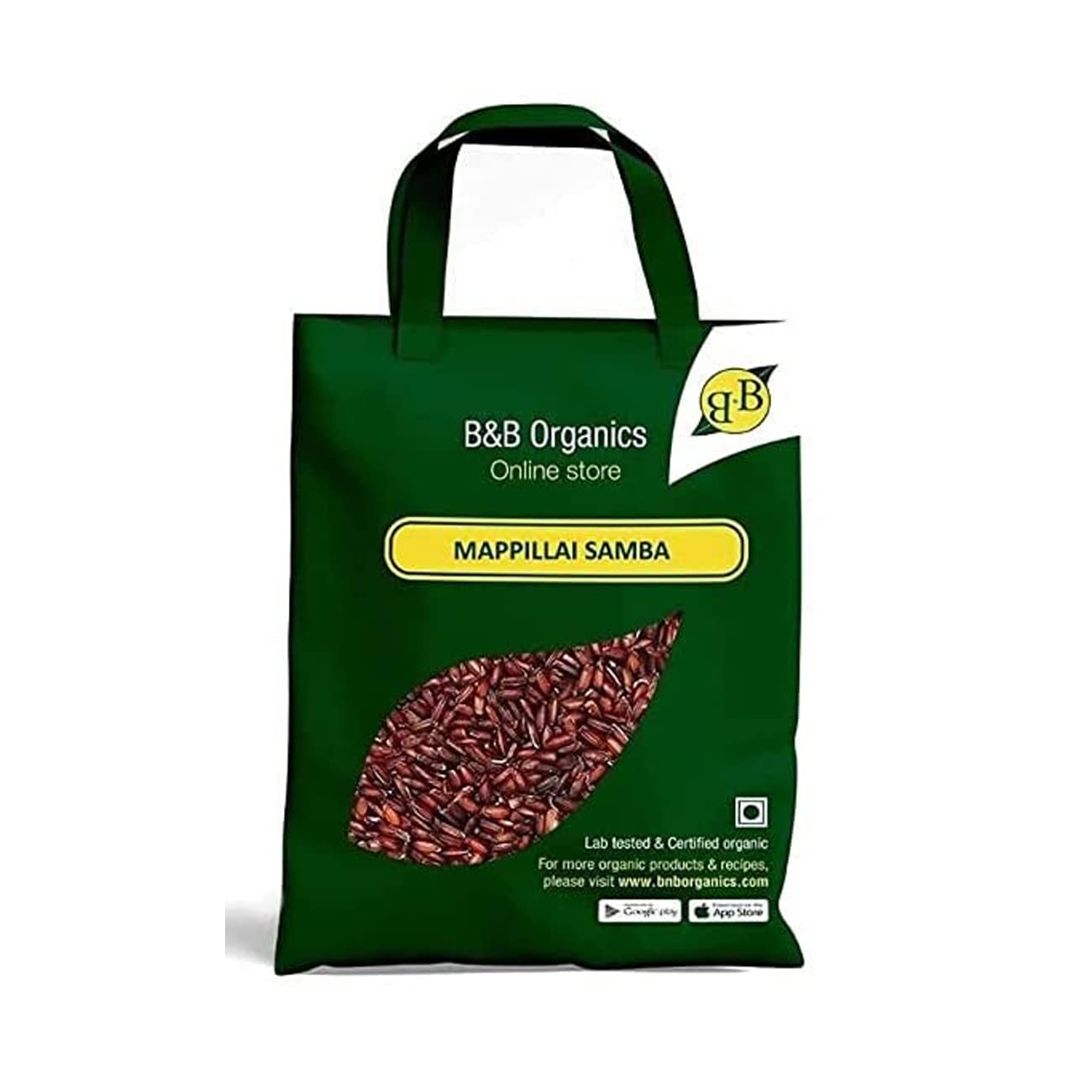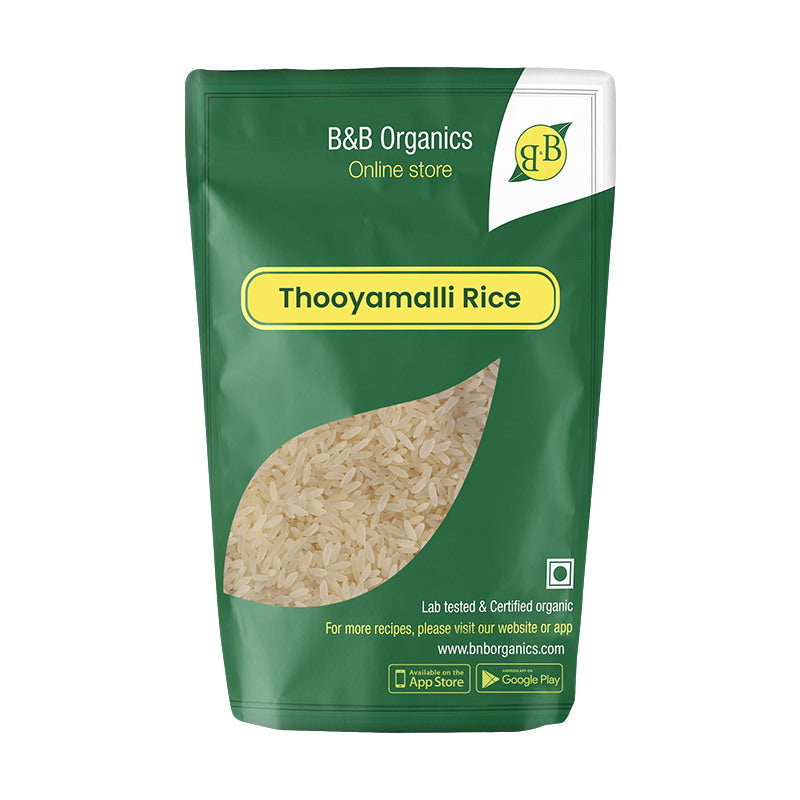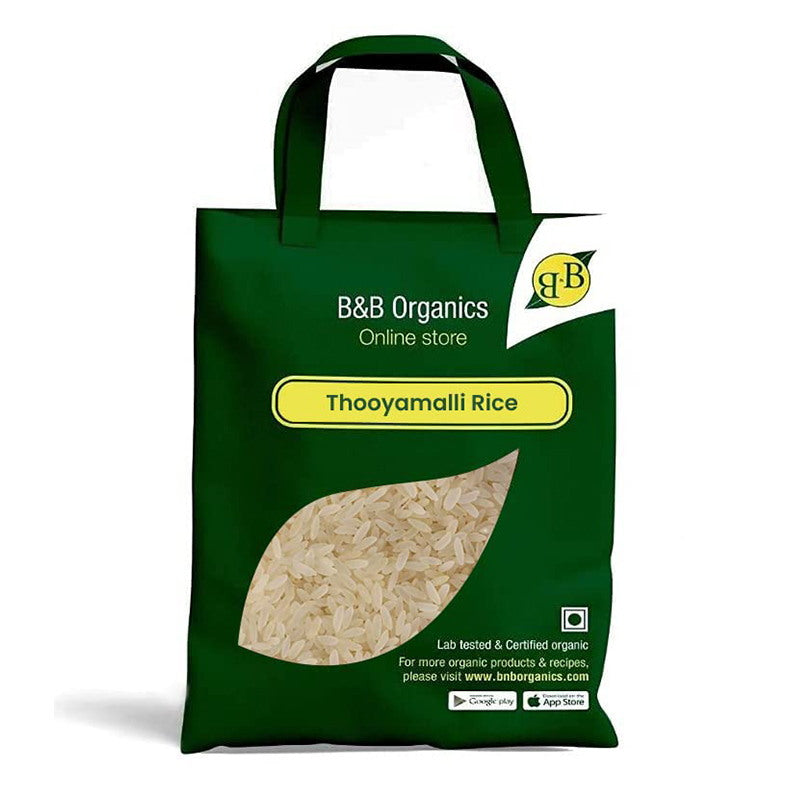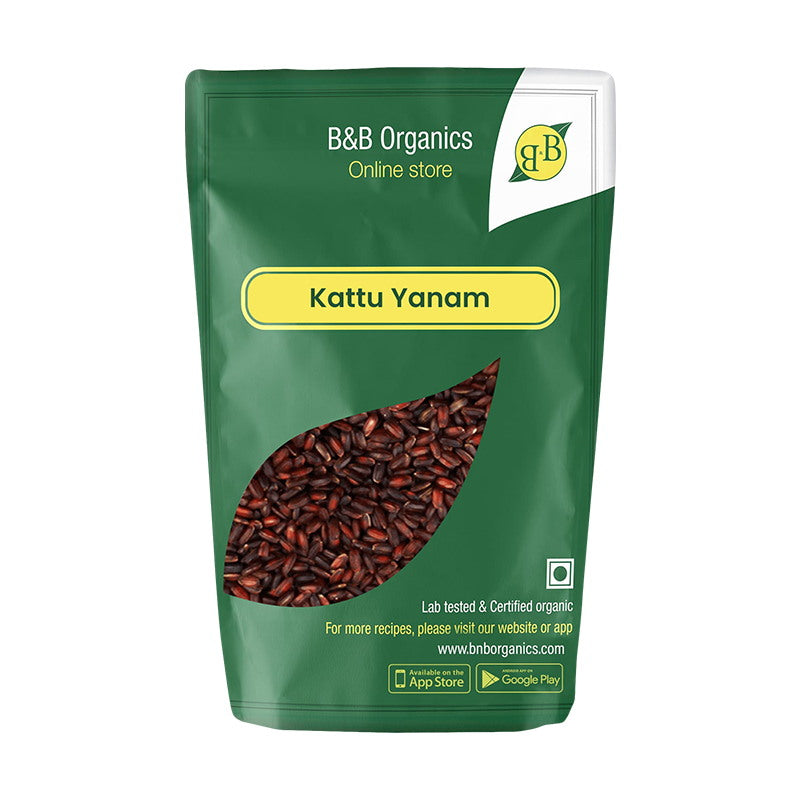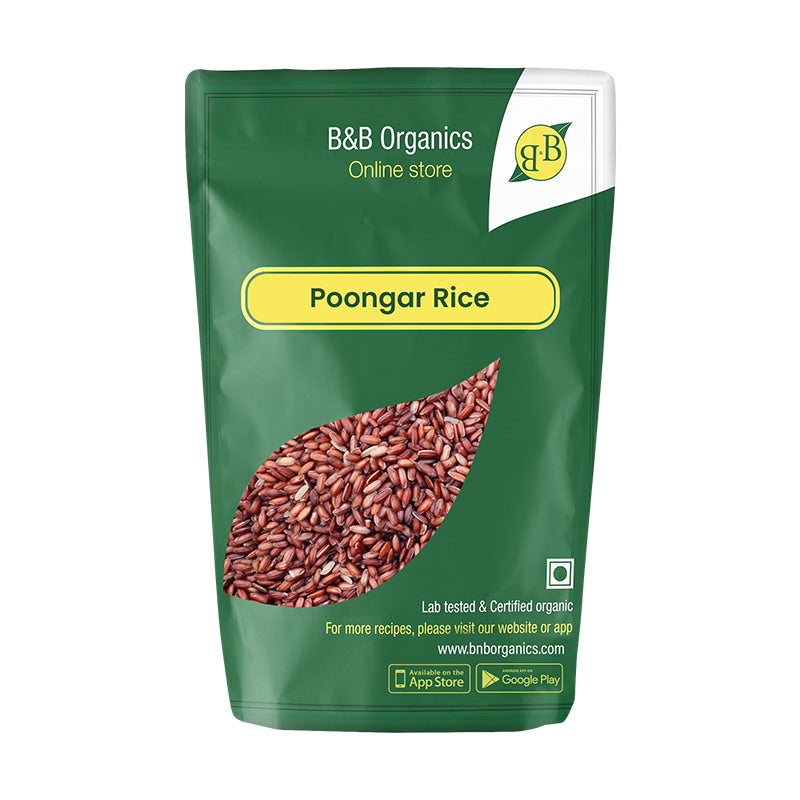The cultivation of Rajamudi Rice, a treasured variety with a rich history, comes with its own set of challenges. While its unique characteristics and cultural significance make it highly sought after, the farmers who undertake its cultivation face several hurdles. Let us explore the challenges involved in cultivating

Rajamudi Rice and the efforts taken to overcome them.
Low Yield:
Rajamudi Rice is known for its short grains and exceptional flavor, but it has relatively low yields compared to high-yielding hybrid rice varieties. This poses a challenge for farmers who need to maximize their production while maintaining the authenticity of this heritage rice.
Genetic Purity:
Maintaining the genetic purity of Rajamudi Rice is crucial to preserving its unique traits. The risk of cross-pollination with other rice varieties is high, especially in regions where multiple varieties are grown. This can result in the loss of its characteristic features, making efforts to conserve its original identity challenging.
Disease and Pest Management:
Like any other crop, Rajamudi Rice is susceptible to various diseases and pests. Effective disease management practices, including regular monitoring, timely application of organic or natural pesticides, and promoting crop diversity, are necessary to protect the crop from potential damage.
Water Requirements:
Rajamudi Rice is typically cultivated in the Cauvery river basin, where water availability can be a challenge, especially during dry spells or water scarcity periods. Ensuring a consistent and adequate water supply for proper irrigation is vital to support healthy growth and optimal yields.
Limited Market Reach:
Despite its unique qualities and cultural significance, the market demand for Rajamudi Rice is relatively niche. Creating awareness and establishing a wider market reach for this heritage rice can be a hurdle for farmers, as they need to find buyers willing to appreciate and pay a premium for its distinct characteristics.
Cost of Cultivation:
The cost of cultivating Rajamudi Rice can be higher compared to conventional rice varieties. Factors such as seed sourcing, organic farming practices, and the need for specialized knowledge and techniques contribute to the overall cost. This can make it financially challenging for farmers, especially if they do not receive adequate compensation for their efforts.
To address these challenges and ensure the sustainable cultivation of Rajamudi Rice, concerted efforts have been made by agricultural organizations, government bodies, and farmer collectives. Initiatives include:
Farmer Training and Support:
Providing farmers with training programs, workshops, and access to resources to enhance their knowledge of sustainable farming practices, disease management, and market opportunities.
Genetic Conservation:
Establishing seed banks and conservation programs to protect the genetic purity of Rajamudi Rice. This includes encouraging farmers to save and exchange seeds to maintain the original traits of the variety.
Market Promotion:
Collaborating with culinary experts, chefs, and food enthusiasts to create awareness about the unique qualities of Rajamudi Rice and its cultural significance. This involves organizing food festivals, culinary events, and incorporating the rice into contemporary recipes to attract a wider consumer base.
Government Support:
Implementing supportive policies, subsidies, and incentives to encourage farmers to cultivate Rajamudi Rice. This includes financial assistance for organic farming practices, access to irrigation facilities, and improved infrastructure for post-harvest processing and marketing.
By addressing these challenges and implementing sustainable farming practices, it is possible to ensure the continued cultivation of Rajamudi Rice while preserving its unique characteristics and contributing to the livelihoods of farmers. With collective efforts, this historic rice variety can thrive, delighting future generations with its distinct flavors and cultural significance.


